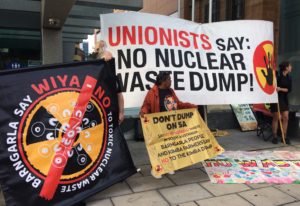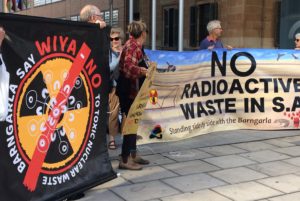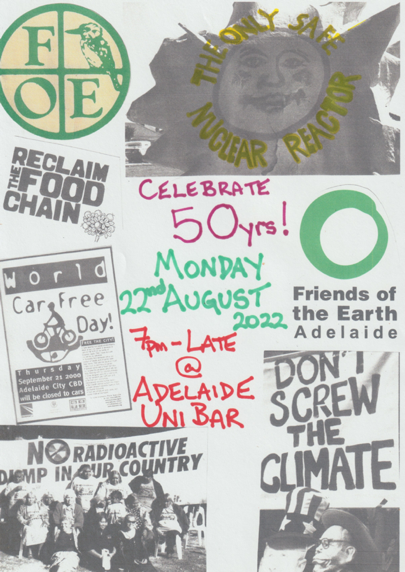Barngarla have their say in court
Monday March 6th: People gather at the Federal Court hearing to support Barngarla people
3 Angas St, right next to Victoria Square / Tarntanyangga (south-east cnr of Victoria Square / Tarntanyangga)
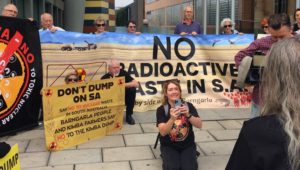
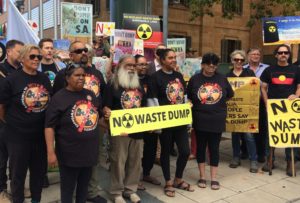
- Please READ: briefing paper:. BARNGARLA BRIEFING MARCH 2023 LR
- Please SIGN: Mahalia Bilney launched a new Change.org petition – please sign and share, let’s get the numbers up at https://www.change.org/p/nodumponourcountrybarngarla
- Please WATCH: a selection of informative and fantastic videos by Kim Mavramatis
- Please FOLLOW the facebook page: – Barngarla: Help us Have a Say on Kimba.
- Please DONATE to meet legal costs via Gofundme: https://www.gofundme.com/f/nbp8f8-barngarla-help-us-have-a-say-on-radioactive-waste?qid=e83027450327c97b9d9a9649f33c7030

